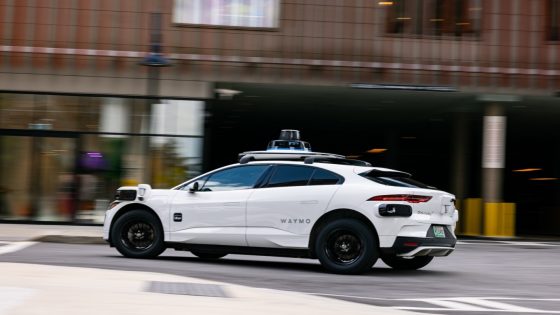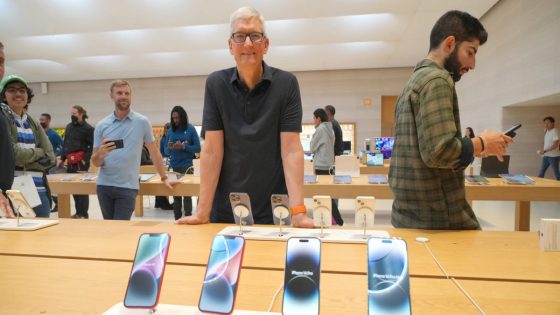OpenAI’s latest announcement about GPT-5 has captured global attention, showcasing its impressive advancements in coding and health-related tasks. Released on 2025-08-07 21:00:00, this model reportedly surpasses its predecessors in various benchmarks, making it a game-changer in artificial intelligence.
- GPT-5 excels in coding benchmarks.
- Effective at creating interactive web apps.
- Improved performance on health-related questions.
- Reduced hallucination rates compared to GPT-4.
- Enhanced safety measures for dual-use prompts.
- Nearly 700 million weekly active ChatGPT users.
With a remarkable 74.9% score on SWE-Bench Verified and a significant reduction in hallucination rates, GPT-5 is poised to redefine how AI assists in coding and healthcare. But what does this mean for users around the world?
The implications of GPT-5’s release are profound, raising questions about its potential applications across diverse markets. As businesses and individuals increasingly rely on AI, how will this model reshape our interactions with technology?
- Improved coding efficiency could enhance software development in the Americas.
- Health-related applications may revolutionize patient care in Europe and Asia-Pacific.
- Global developers may benefit from enhanced tools and resources.
- Reduced hallucination rates could foster greater trust in AI across all regions.
As we look ahead, the potential of GPT-5 invites US to consider how AI will further integrate into our daily lives and industries. Will we embrace these advancements, or will caution prevail?

































